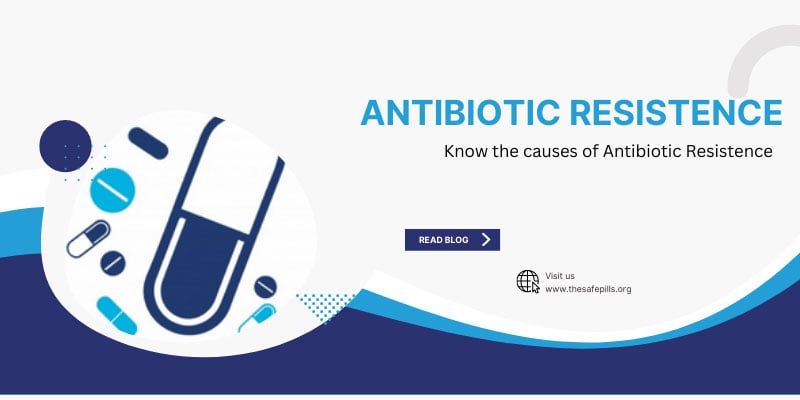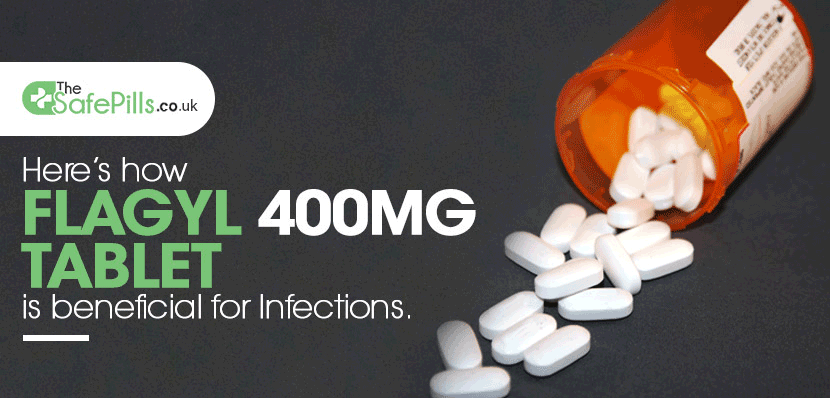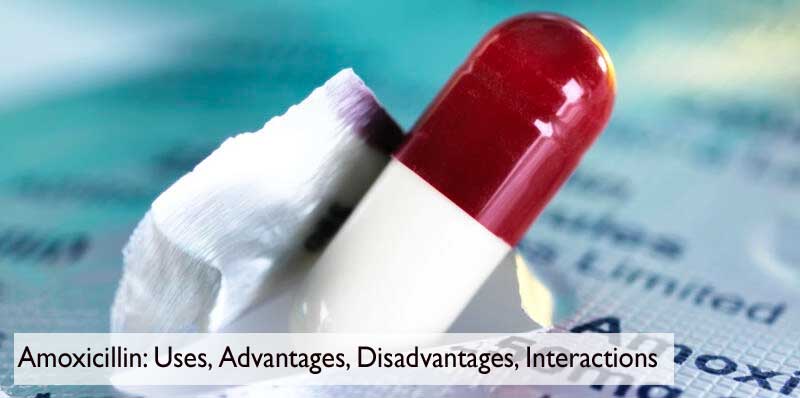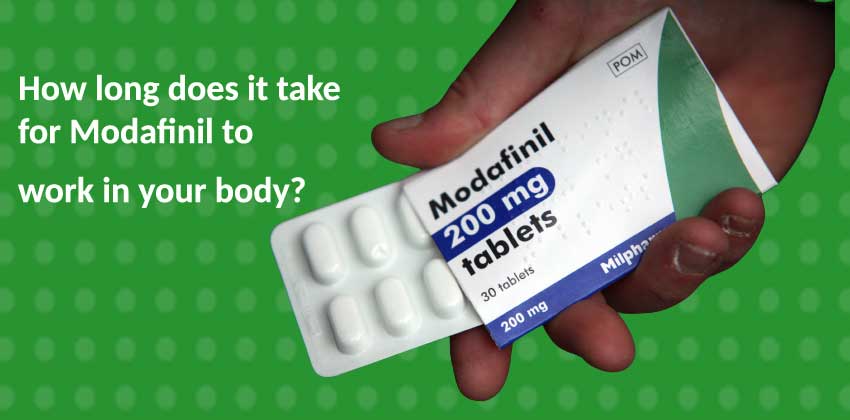-
Choose Store:


- Track Your Order
- My Account
- My Wishlist
- Log In
Things You Need to Know About Antibiotic Resistance

Getting affected by a bacterial infection is common, but sometimes it turns serious. Our body's immune system fails to fight against these bacteria, and antibiotics are needed. Drugs that can typically treat urinary tract infections to tuberculosis. Now imagine these drugs do not work for you; isn't it worrying? Yes, it is, and this happens during the development of antibiotic resistance.
The discovery of antibiotics brought a great change in the healthcare sector. Compared to old times, bacterial infections were among the health problems that led to the death of trolls. Today, a large variety of antibiotics treat mild to severe infections. With time, bacteria also developed and started adapting to the drugs. It develops a condition in which it becomes harder to kill them; yes, we are talking about antibiotic resistance.
Some antibiotics are naturally resistant to some bacteria. Some develop it due to genetic changes or get drug-resistant genes from other bacteria. These conditions may arise when you use drugs more often and longer to treat an infection. During this period, the bacteria develop resistance to it and become more powerful.
Why You Should Care of Antibiotic resistance
Antibiotic resistance is not limited to itself; it can invite other health problems. Meningitis or pneumonia are the most common health complications that can be led by it. Conditions in which antibiotic resistance develops turn more difficult to treat. You either need a stronger or more expensive drug, or you need to take drugs for a longer period. Also, getting well quickly is important; Otherwise; it could develop other health issues.
According to estimated data, 2.8 million people in the U.S. develop antibiotic-resistant infections. The death toll reaches up to 35,000 people every year due to it. This data is enough to concern you about Antibiotic resistance.
Also, the condition makes it difficult to care for people suffering from antibiotic resistance. And also for the ones who are getting treatment for chronic diseases. For Eg, medical treatments like surgery, chemotherapy, or dialysis, sometimes also need antibiotics. During these conditions, antibiotics help to reduce the risk of bacterial infection.
What causes antibiotic resistance?
Know the causes of any problem and help prevent them from occurring. Here is some factor that is often seen to contribute to antibiotic resistance:
Misuse of antibiotics:
Taking antibiotics incorrectly, missing them for several days, or stopping their use too soon. Choose to take other's antibiotics due to the similar symptoms that they have and now have. All these reasons lead to the misuse of antibiotics. And this mistake is enough for bacteria to take it as an advantage and multiply. As they multiply, they change with time and become mutated bacteria more resistant to a drug.
Overuse of antibiotics:
Using an antibiotic for more than the prescribed period can lead to antibiotic resistance. Also, it is important to use these drugs carefully; for instance, most cases of pharyngitis can be viral. You might know that antibiotics only work for bacterial infection; thus, using antibiotics here won't help. Even some bacterial effects like ear infections often get well itself without antibiotics.
Transmitted resistance:
The transfer of contagious drug-resistant bacterial infection from one person to another. Now that new person has the infection that won't respond to an antibiotic. And this time, it may take time to find a treatment, and this time is enough for resistant bacteria to multiply. As a result, it gets harder to treat such transmitted resistance in patients.
Spontaneous resistance:
Some bacteria make changes in their genetics and mutate on their own. Also, drug-resistant genes from other bacteria can contribute to a bacteria-forming resistance. It is important to know that antibiotics don't recognize a newly changed bacterium. And this makes it harder for the drug to treat infections lead by such bacteria.
What are superbugs?
Superbugs are strains of bacteria that have adapted resistance to most antibiotics. These kinds of bacteria can fight back against medicines. They continue multiplying and causing infection despite treatment with several different antibiotics. During an infection through superbugs, there are chances that no antibiotic will work.
Some bacterial infections that can lead to situations like superbugs include:
- Gonorrhea
- Diff (Clostridioides difficile)
- Tuberculosis
- Staphylococcus(staph) infection, such as methicillin-resistant Staphylococcus aureus (MRSA)
How antibiotic-resistant bacterial infections are treated?
For antibiotic-resistant, a doctor may try giving you different drugs. Using a new drug can also increase the chances of getting more serious side effects. These adverse effects can be due to the use of a new drug. But, also, at the same time, if the drug doesn't work, then it can increase the risk of antibiotic resistance too.
Can you prevent antibiotic resistance?
Here are some steps that may help you lower the risk of antibiotic resistance:
Follow your antibiotic prescription exactly as directed for you. Take the doses as frequently as prescribed, and do not disturb the dosage amount.
- Do not skip or miss any dose; set a reminder in your phone to help you remind yourself of every dose. If you forget to take any dose, ask your doctor what you should do.
- Do not take someone else medicine; take the antibiotics only when prescribed for you.
- Complete the full course of treatment, and do not use your antibiotics longer than the prescribed period.
- Keep your surroundings clean and wash your hands. Good hygiene may help reduce the risk of acquiring a bacterial infection.
Conclusion
Antibiotic resistance is a very concerning issue that can lead to serious health complications. It is important to have knowledge of the causes, factors, and preventative measures regarding antibiotic resistance to better protect ourselves. Taking steps such as following instructions for taking antibiotics correctly and not skipping doses is essential in preventing antibiotic-resistant bacteria from forming. We must all do our part to reduce the risk of this dangerous infection by knowing how best to use antibiotics and practicing good hygiene.








